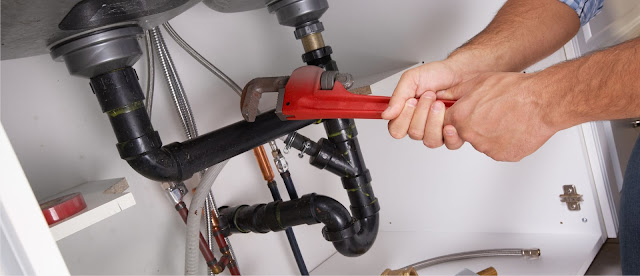Scheduling a sewer inspection is a crucial step in ensuring the health and functionality of your property's plumbing system. Whether you're a homeowner, property manager, or prospective buyer, understanding the condition of your sewer lines is vital to prevent potential issues and unexpected expenses. Before booking a sewer inspection, it's essential to ask the right questions to ensure a comprehensive assessment. Here are the top inquiries to consider: Are there reputable options for sewer inspection near me that provide reliable and thorough evaluations of sewer lines?
What Does a Sewer Inspection Involve?
Understanding the process involved in the inspection is vital. Inquire about the methods used—commonly, a video camera is inserted into the sewer line to detect blockages, cracks, or other issues. Knowing this process helps grasp the inspection's thoroughness.
Who Performs the Inspection?
Ensure the inspection is conducted by certified and experienced professionals. Inquire about their qualifications, licenses, and the company's reputation to guarantee a reliable assessment.
What Are the Signs That Indicate Needing a Sewer Inspection?
Discuss symptoms like slow drains, foul odors, or recurring backups that could signal sewer line problems. Knowing these signs assists in understanding the urgency of the inspection.
Can I See the Inspection Results?
Request access to the inspection report and video footage. This transparency enables you to understand the findings and facilitates discussions about necessary repairs or maintenance.
What Happens If Issues Are Detected?
Understand the course of action if issues are found. Will they provide a detailed report? What are the next steps for repairs or maintenance?
Are There Any Previous Records or Maintenance History of the Sewer Lines?
Obtaining prior maintenance records provides insights into past issues and solutions implemented. This history assists in determining recurring problems and potential long-term solutions.
What Factors Might Affect the Sewer Lines' Condition?
Discuss environmental factors, nearby tree roots, soil conditions, or construction activities that could impact the sewer lines. Understanding these influences helps assess potential risks and maintenance needs.
What Are the Costs Involved?
Inquire about the inspection's cost and potential additional expenses for repairs or maintenance. Understanding the financial implications aids in budgeting and planning.
Do I Need Permits for Any Repairs?
Ask about necessary permits or regulations for sewer repairs or replacements. Compliance with local rules and regulations is crucial to avoid legal issues.
How Often Should Sewer Inspections Be Conducted?
Gain insights into the recommended frequency of inspections based on your property's age, location, and other factors. Regular assessments can prevent major problems.
Conclusion:
Scheduling a sewer inspection near me is a proactive step toward maintaining a functional plumbing system. Asking pertinent questions ensures a thorough assessment, empowering homeowners and property managers to make informed decisions. By understanding the inspection process, potential issues, costs, and preventive measures, individuals can safeguard their properties from costly repairs and ensure the longevity of their sewer lines. Prioritizing regular sewer inspections remains integral to maintaining a healthy and efficient plumbing infrastructure.


0 comments: